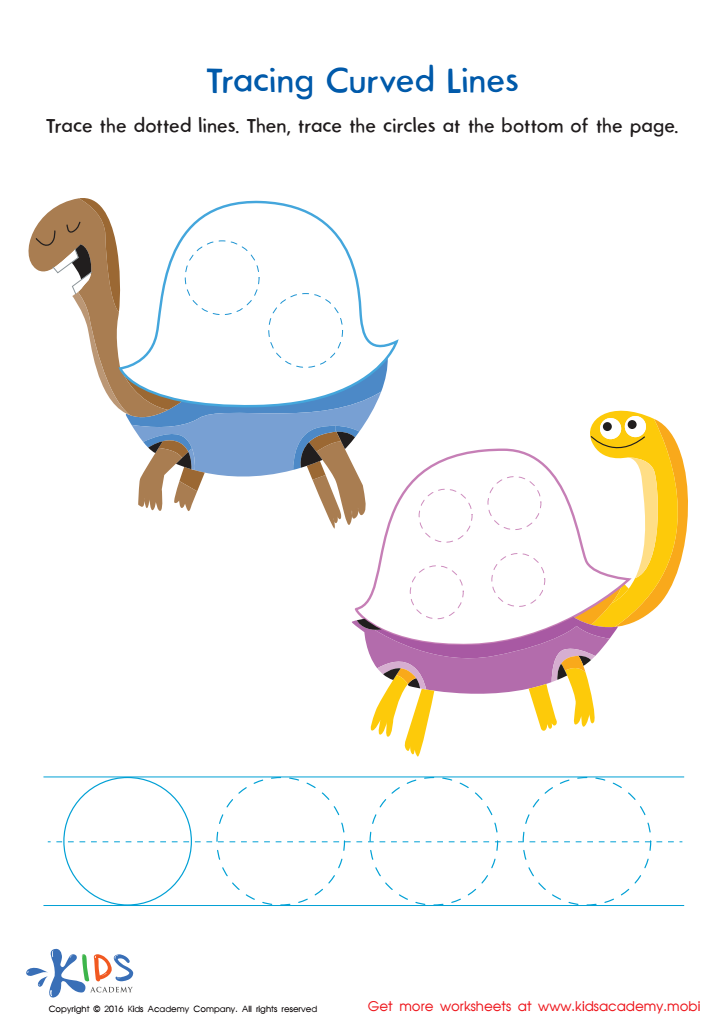Normal Misc worksheets activities for Ages 5-7
7 filtered results
-
From - To
Explore our engaging collection of normal miscellaneous worksheets designed for children aged 5 to 7. These fun activities foster creativity, critical thinking, and essential skills within young learners. From colorful coloring pages to interactive puzzles, each worksheet aims to enhance cognitive development while ensuring an enjoyable learning experience. Our curated selection encourages children to explore various topics, promoting both learning and play. Ideal for home and classroom use, these worksheets are perfect for reinforcing concepts in literacy, numeracy, and more. Dive into our Fun Zone and watch your little ones thrive as they solve, color, and learn with enthusiasm!


Sorting Animals in 3 Groups Worksheet
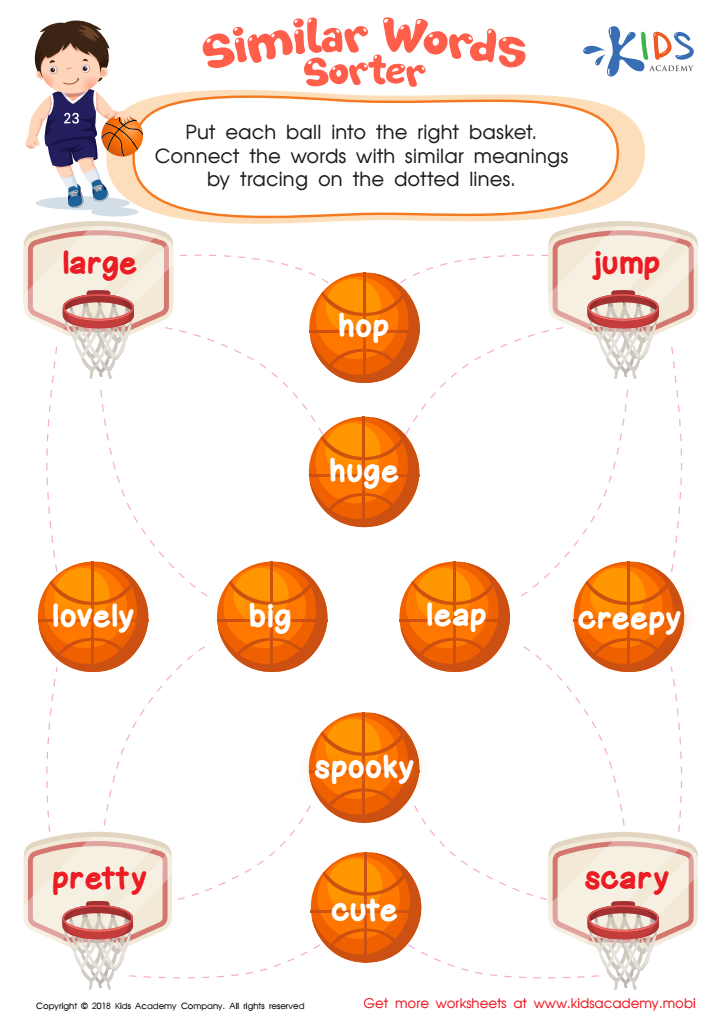

Similar Words Worksheet
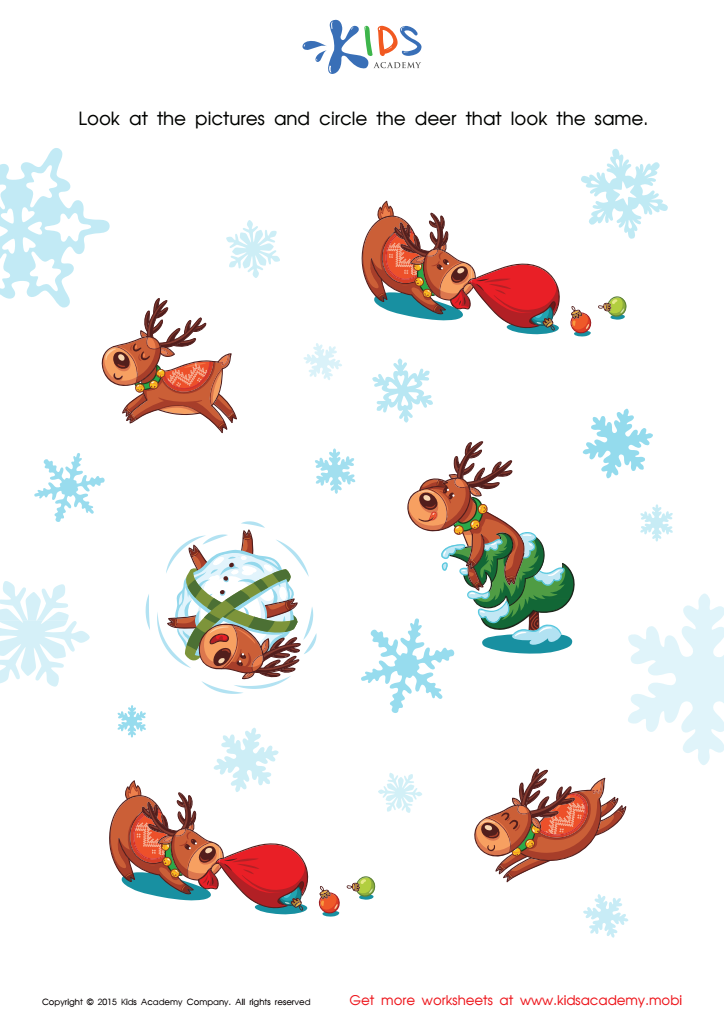

Count the Deer Worksheet
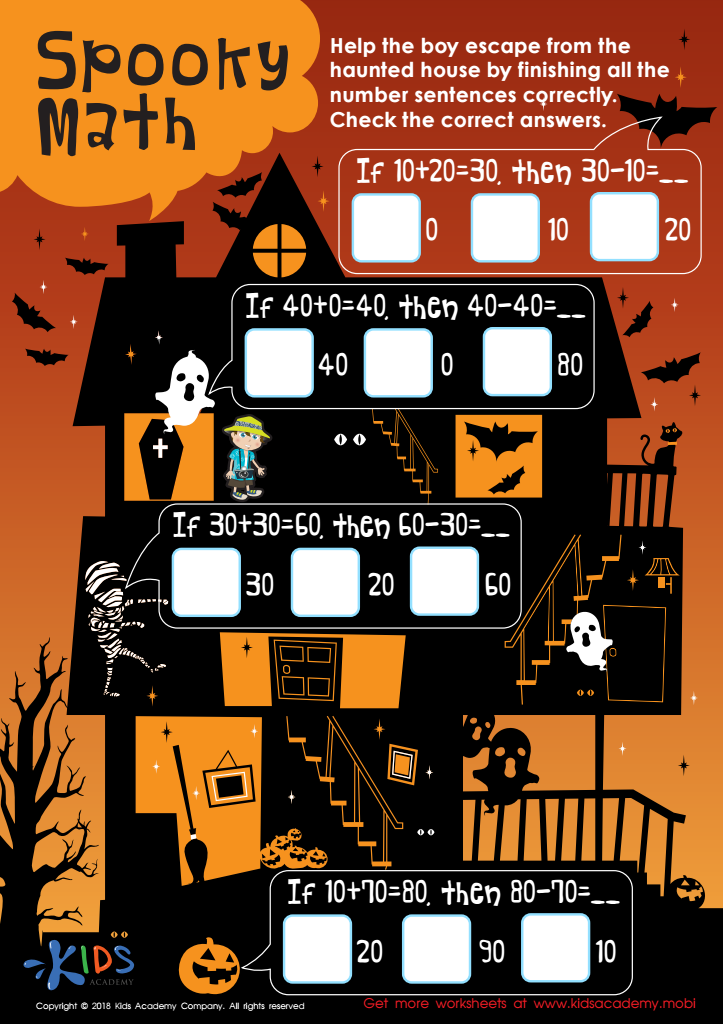

Subtract Tens: Spooky Math Worksheet
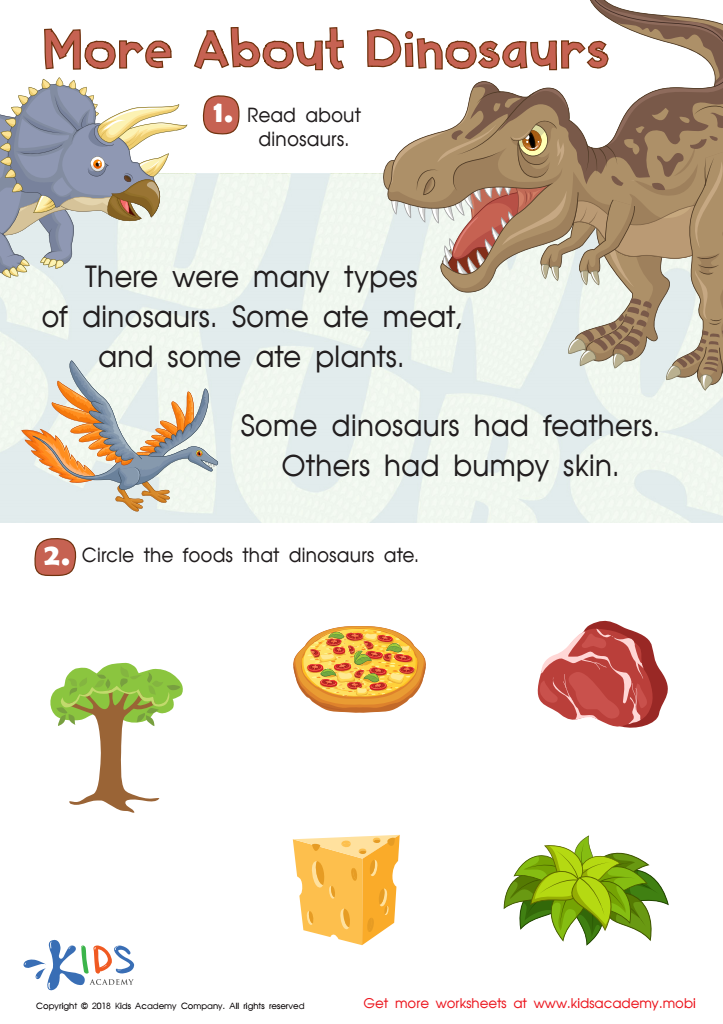

More About Dinosaurs Worksheet
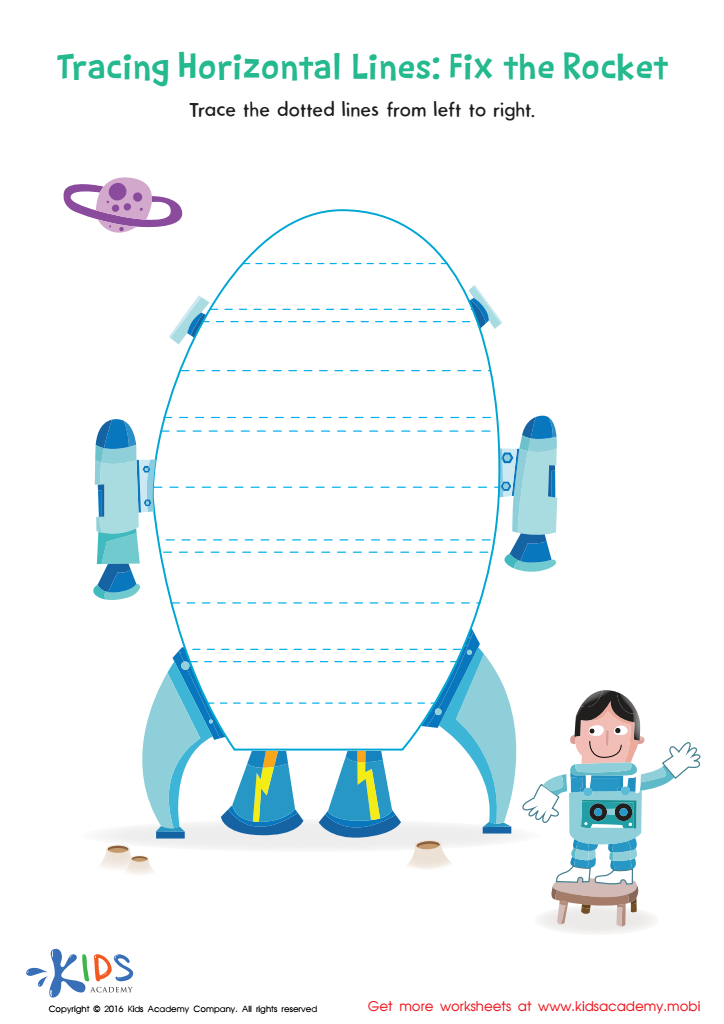

Tracing Horizontal Lines Worksheet
Parents and teachers should prioritize Normal Misc activities for children aged 5-7 because these activities play a crucial role in holistic development. At this age, children are naturally curious, energetic, and eager to learn through play. Engaging in Normal Misc activities—ranging from simple crafts and games to exploratory outdoor play—not only enhances creativity but also fosters essential social skills as they learn to cooperate and collaborate with peers.
Moreover, these activities promote cognitive development. Simple tasks, like sorting and categorizing, can improve problem-solving skills, while imaginative play stimulates cognitive flexibility and innovation. Normal Misc activities also nurture emotional intelligence; children learn to navigate their feelings, understand empathy, and develop resilience through varied experiences.
Physically, these activities contribute to motor skill development, which is vital at this early stage. Riding bikes, jumping, or even throwing a ball aids in hand-eye coordination and overall physical fitness.
In summary, investing time in normal miscellaneous activities enriches the lives of young learners. It sets a strong educational foundation that goes beyond traditional academics, fostering well-rounded, competent, and happy individuals ready to tackle future learning challenges. Therefore, caregivers in the early years should actively support and facilitate these vital engagement opportunities.

 Assign to My Students
Assign to My Students
